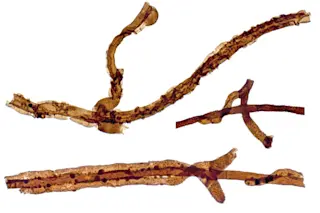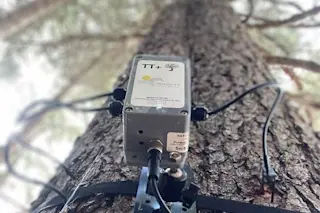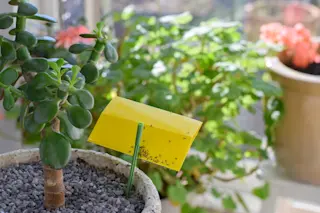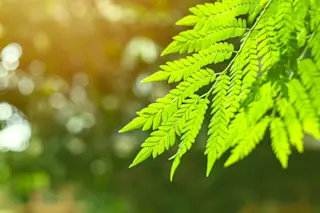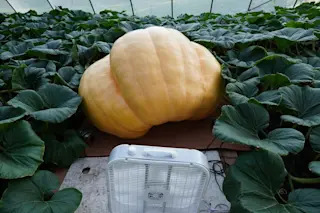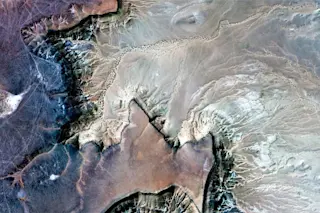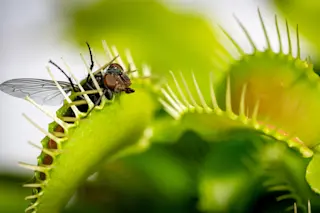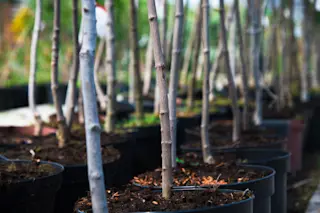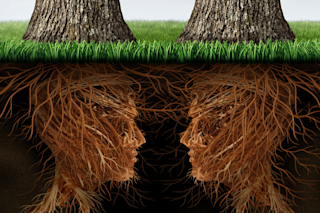Selection of filaments of Tortotubus from Gotland, Sweden, showing stages in development of filamentous envelope. (Credit: Martin R. Smith) Before primitive ocean-dwellers could crawl out of the primordial sea millions of years ago, there needed to be an ecosystem capable of sustaining them. An ancient, pioneering fungus may have played a key role in transforming Earth's surface into a life-sustaining ecosystem. Dr. Martin Smith, now at Durham University, discovered the 440-million-year-old fossilized remains of a stringy fungus belonging to the genus Tortotubus — similar to mushrooms today. The minuscule fossils are believed to be the oldest-known evidence of a land-dwelling organism. Researchers believe Tortotubus helped terraform the earth by decomposing organic matter and collecting nutrients, paving the way for more complex organisms to establish themselves on land.
Smith identified fossils from samples collected roughly 30 years ago in Sweden and Scotland. The fossils were thought to represent two different species, ...


